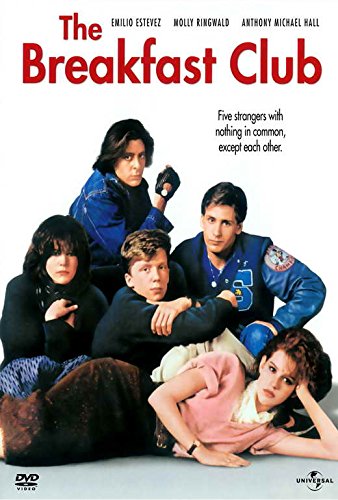
by Leah Budson
For many of us, whenever someone posts a photo of us on Facebook, the “remove tag” link itches in the corner of our minds. There’s always the pressure of what if you-know-who sees this, what would he or she think and do I really want anyone to see this picture of me in the first place?
The Internet is a constant in our lives, and social media sites are one of the most prominent parts of the Internet.
Social media changes the way we view others and the way we view ourselves by allowing us to create our online persona.
Social media sites give us the ability to post exactly the parts of ourselves we want people to see and to eliminate all parts of ourselves we’d rather not exist. This means that if all someone want us to see of them is black-and-white top-model worthy pictures, then that’s what we’ll see.
If the way I look in a given photo dictates whether or not I make it public, what I have to remind myself is that, really, no one cares.
When I think of all the pictures I scroll past on my news feed, I am reminded that chances are no one will even remember a slightly unattractive photo of me.
However, I, like most insecure people attempting to be perfect, often forget that the rest of the world isn’t going to judge me based on how I looked at one moment on one day. Despite this fact, like most people, I’ve untagged Facebook photos from seventh grade because I didn’t like the way I looked. Come on, Leah, seriously? Who is going to judge you on how you looked 80 profile pictures ago?
Even though I know the photos of my seventh-grade self don’t matter, the problem is if I have the ability to make myself appear more attractive, why wouldn’t I do it?
What we forget is that there are sides to us that are just as important as the perfectly-beautiful one we try to create on social media sites. We might not look perfect when we’re laughing with our friends, singing or playing a sport, but it’s still an important part of ourselves that people should see.
Just because we have the ability to make ourselves appear “perfect” on sites like Facebook, we feel as if we need to. We don’t––portraying ourselves how we really are should be more important than looking perfect.
In addition, the more people who only post pictures that show them at their best, the more others feel bad about their appearance and the higher, more unrealistic, standards we make for ourselves. This just creates a vicious cycle of trying to top the perfectly unattainable standard we set for ourselves. In the end, posting all sides of ourselves will help everyone else create more realistic standards for themselves and stop the crazy urge we all have to create the best “perfect” image of ourselves on social media sites.
I don’t mean to say that occasionally untagging a picture immediately makes you fake, but it’s important to remember that the way people see you in real life, with no editing filters and un-tag buttons, is much better than any two-dimensional version of yourself shown on Facebook.
Try letting a few more of those photos pass, and maybe, eventually, these sites can represent a more accurate picture of who we are.













































